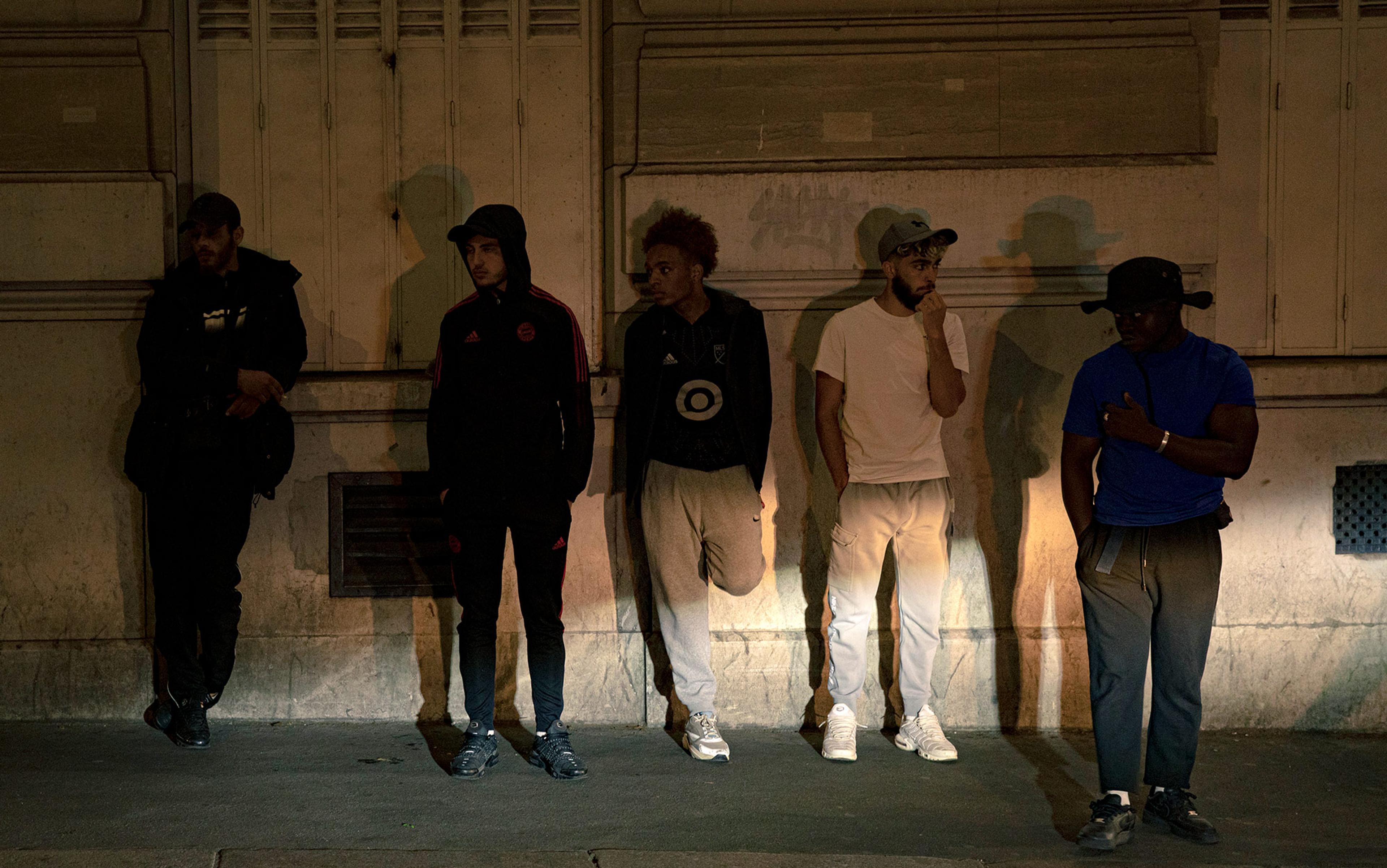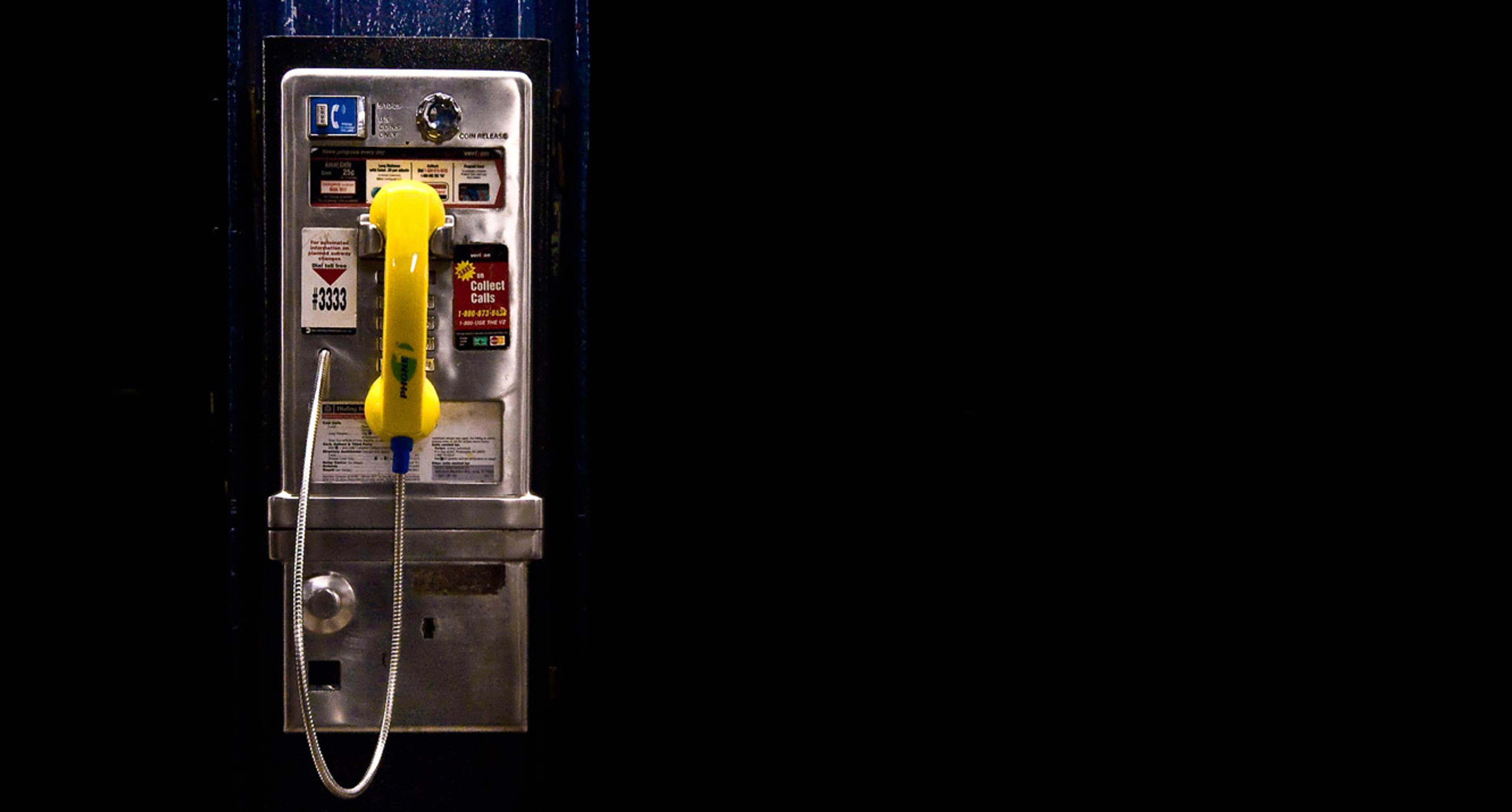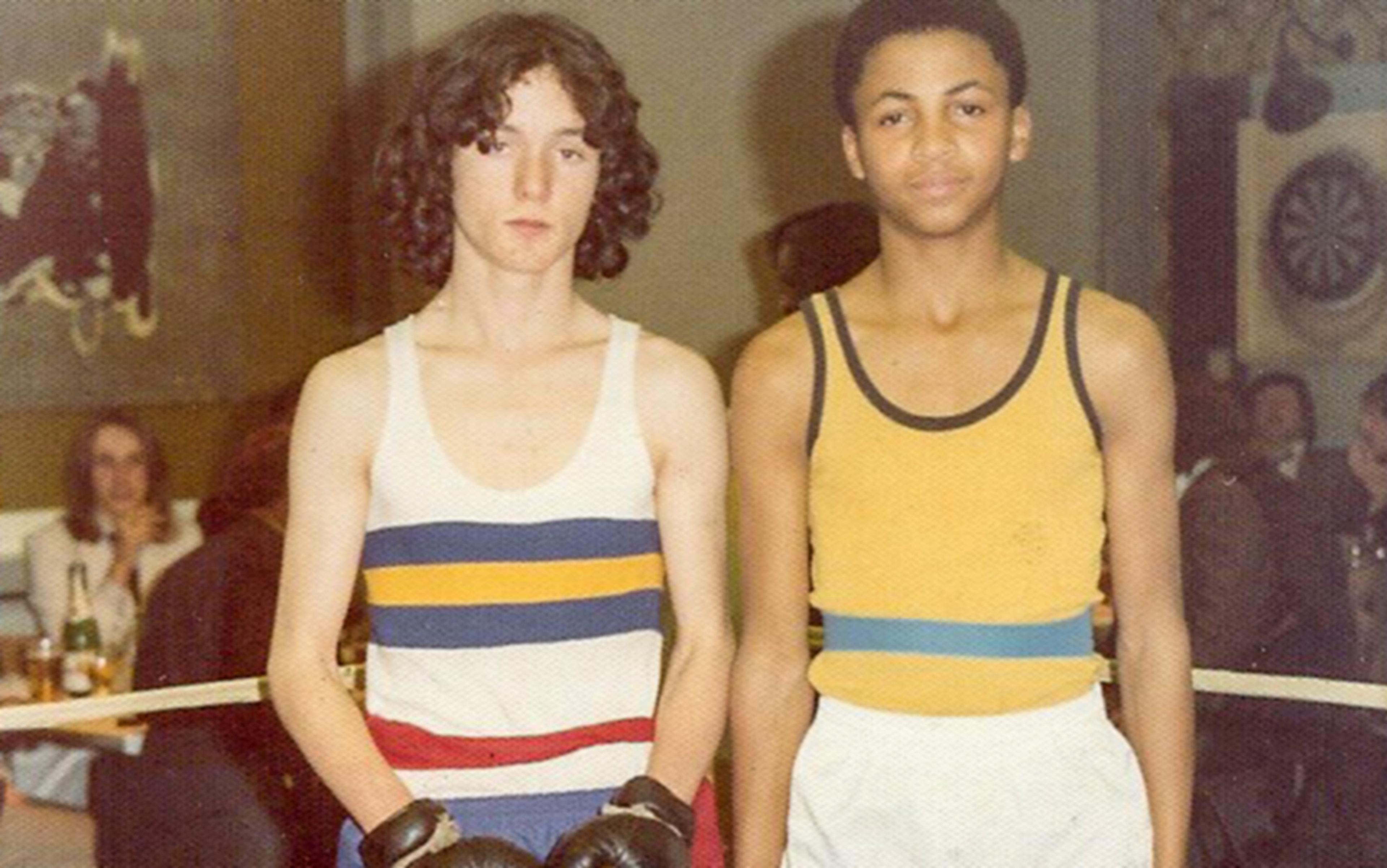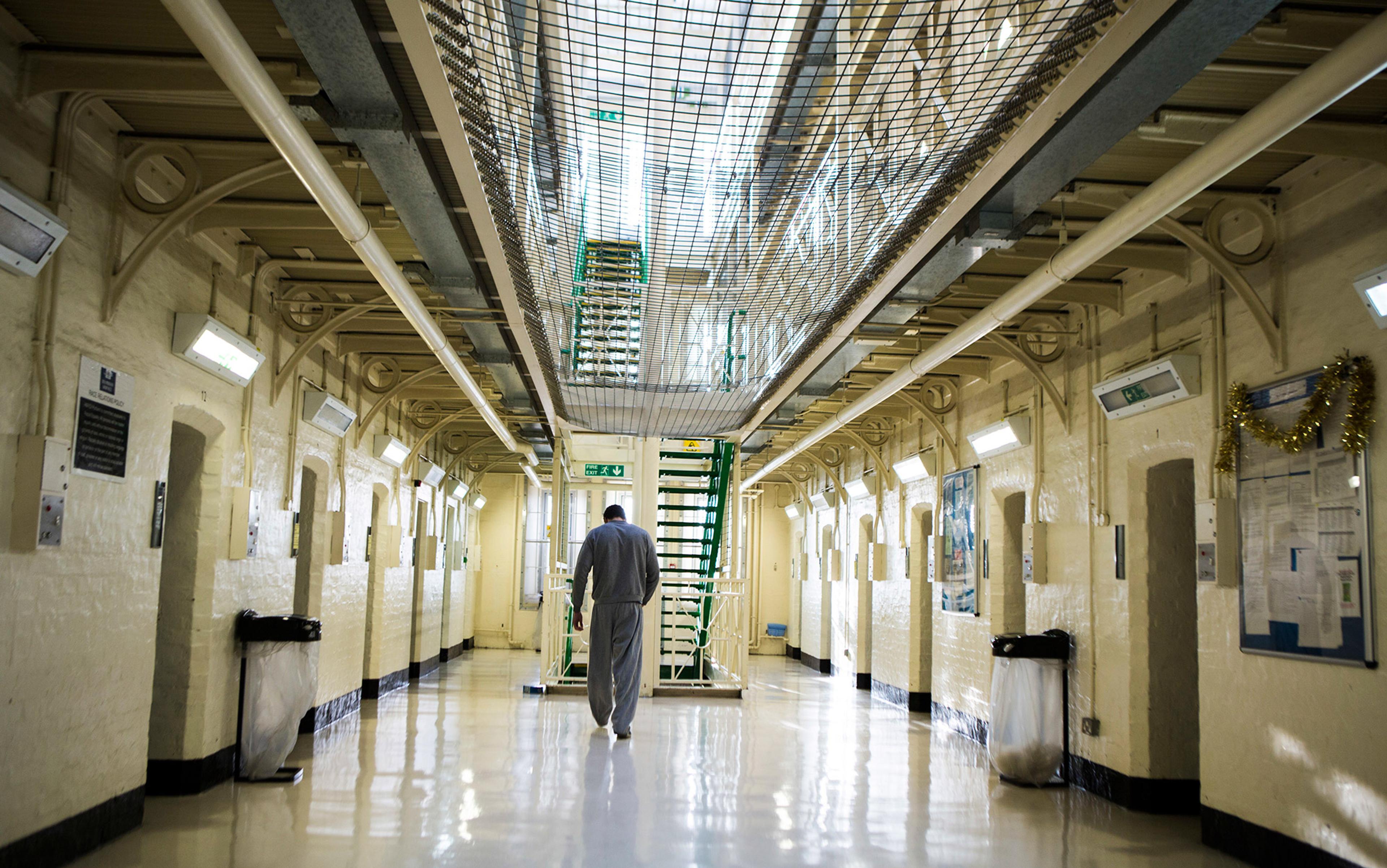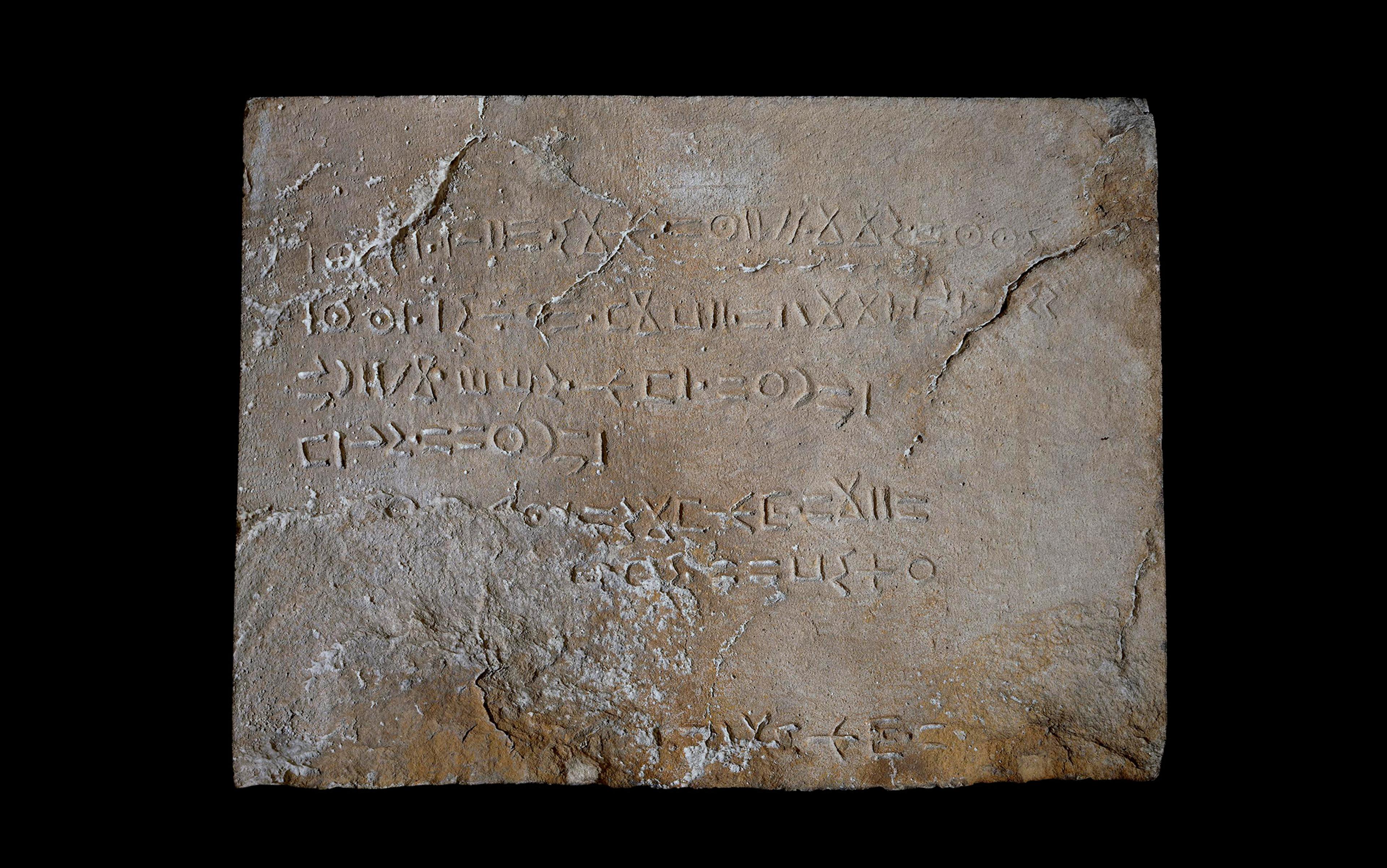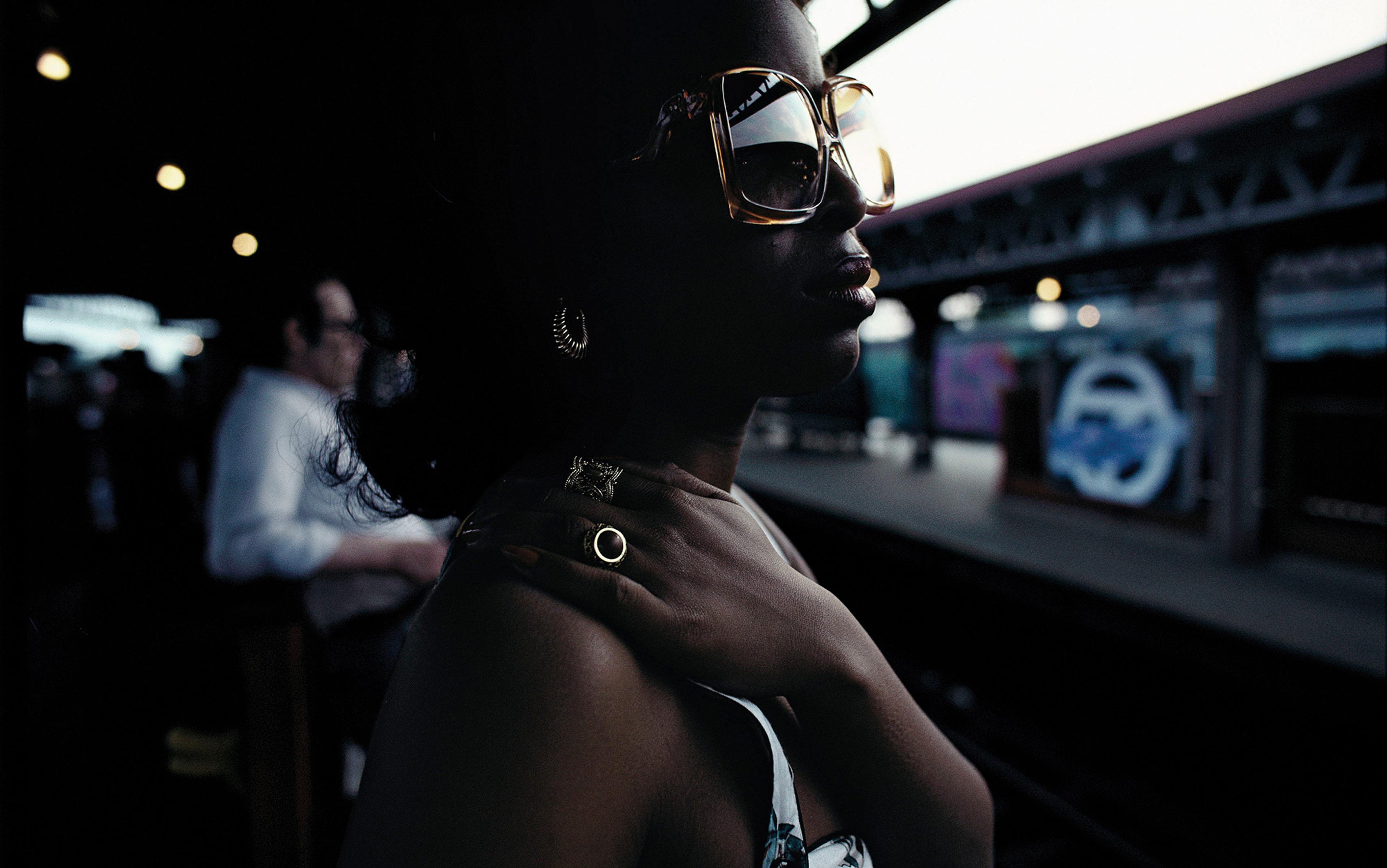I couldn’t eat much, and most of the time I staggered. Strength left my weakened frame. ‘I’m unwell,’ I would say to those who listened. ‘I’m in pain,’ I would add, pointing to my stomach, my head, my wrists, when it wasn’t my knees or my neck that bothered me. During such moments, my body felt tossed between stress and poor sleep – dull, interrupted by gnawing, twisting, throbbing sensations. I wished for someone to squeeze my arm, to let me know that whatever was crushing my insides would soon be vanquished. Whenever these bursts of illness occurred, I hid, clutching an heirloom Tunisian coral pendant to which I had assigned talismanic properties.
I was a sick, curly haired child who would avoid playing outside. Growing up in the west of Paris, I already stood out among my French friends as the kid who was like them but not quite – half white, by way of my mother, and half Arab, by way of my father, which condemned me to a different category of Frenchness. I desperately wanted to blend in, to be a version of what I thought was ‘normal’. But my afflictions made this even harder. They formed a compact repertoire encompassing flu- and cold-like infections that regularly left me coughing until my ribs burned. For a time, I was littered with disfiguring cold sores.
Doctors, friends, even family members dismissed my self-diagnoses, insisting on the familiarly nebulous term of ‘virus’. Oh, it’s just a virus, they would say, hoping that would diminish my worry. But it only sparked my curiosity. Which virus? Does it have a name? Can I get tested? Why does it come for me, specifically and regularly, and not for any of my white friends?
While other children were building pillow forts, I developed health protocols – food, vitamins, herbs – and a sixth sense for detecting signs of illness. When the virus came, I deployed my arsenal of potions and remedies. When its force caught me off guard, I would let myself drift into a haze. I feared nights the most and I would rarely dare to check what was underneath my bed.
The chronic condition I experienced resembled one that was named long before I was born. In 1952, the 27-year-old Frantz Fanon had just published his first book, Black Skin, White Masks, his controversial and rejected doctoral thesis on the effects of racism on health. Fanon had been interning at Saint-Alban hospital in southern France when he soon noticed that medical personnel often overlooked and minimised the concern of North African patients. At that time, Morocco, Algeria and Tunisia (where my father was born) were either French colonies or protectorates, and these patients were first-generation migrants, men who had crossed the Mediterranean Sea in the aftermath of the Second World War to rebuild metropolitan France. Life wasn’t easy for them. Most lived in insalubrious working-class estates afforded by their meagre earnings, and occupied the bottom rung of French society. They survived on little more than a deep nostalgia for the home and family they had left behind. And they shared similar symptoms of an unnamed illness. From Fanon’s clinical observations – which would influence his hugely influential book and propel him to join Algeria’s Blida-Joinville psychiatric hospital – he wrote a seminal article exposing a common set of symptoms of what he called the ‘North African syndrome’.
North Africans complained of elusive pain. Their descriptions, according to French doctors, were unreliable. It seemed that they lied about or exaggerated their ailments, becoming nothing more than a medical inconvenience. But Fanon took the time to listen. On traditional grounds, their pain was hardly explicable. They ‘arrive enveloped in vagueness’, Fanon wrote and, apart from rare cases, they presented no physical lesions. It hurt ‘everywhere’ and nowhere specifically. Doctors wanted to diagnose them in order to properly administer medicine, but the patients became irritated by all the questioning because their suffering was right there, almost unbearably self-evident to describe. ‘It hurts’ – but what is the nature of this it?
Fanon debunked prejudices that often equated these odd afflictions with stupidity or madness
France in the 1950s stood at a turning point. The Algerian War of Independence exploded in 1954, which Fanon actively supported for the remainder of his brief life, and the French Union (nominally replacing the colonial empire) lost its colonies in Southeast Asia. On the eve of independences and decolonisation, Fanon theorised that the physical pain endured by the North African migrants was an avatar of a deeply rooted alienation, a manifestation of depersonalisation. He analysed their shared complaints of physical suffering as a ‘theory of inhumanity’:
Without a family, without love, without human relations, without communion with the group, the first encounter with himself will occur in a neurotic mode, in a pathological mode; he will feel himself emptied, without life, in a bodily struggle with death, a death on this side of death, a death in life – and what is more pathetic than this man with robust muscles who tells us in his truly broken voice, ‘Doctor, I’m going to die’?
The North African workers struggled to articulate their socioemotional deficit, etched in colonial violence and uprootedness. Fanon recommended collectively working on the ‘meaning of a home’ to address their dispossession and pain. He debunked his peers’ prejudices that often equated these odd afflictions with stupidity or madness. For example, ‘sinistrosis’ – a diagnosis invented at the turn of the 20th century to account for workers’ supposed propensity to exaggerate accidents with a view to claiming compensation – later became associated with North Africans in particular: medical and political concerns converged. But the North Africans who stumbled into Fanon’s hospital weren’t deranged or cunning. They were unwell because adverse conditions in French society had crushed their humanity.
Fanon’s article led me to interrogate why pain afflicted French North Africans more than others, whether this is still the case, and what we can learn from the extent to which their sociocultural conditions play a critical role in shaping and understanding pathologies. I am not a doctor like Fanon; my experience is more subjective than objectively testable. To me, pain is both viscerally personal and universal. It has the potential to make us feel alone in the world, but also to connect with a wider group enduring the same ordeal. I encountered this duality not long ago.
In June 2023, a few hours after a policeman killed a 17-year-old French North African teenager named Nahel Merzouk at point blank in the Paris banlieue of Nanterre, I was hit by such an ache that I could barely talk. Unlike other killings – at least 20 killed yearly by French police in the past decade – this one was filmed. In the short recording, a yellow car is stopped, surrounded by police motorbikes and two policemen on foot. At first it looks like a regular check, except that one of the policemen holds a gun aimed at the driver, Nahel, and warns him that he will shoot. As the car starts moving, the policeman fires, and the car crashes a few metres away. Nahel is dead. An institutional attempt to cover up the incident was quickly rebutted when the video leaked online.
As a French North African, I had a ghastly impression of déjà vu and grief. They were joined by a shared feeling of anger, which led to the violent nationwide protests that erupted shortly after Nahel’s killing. In my mind bloomed the memory of other Nahels, like young Zyed Benna and Bouna Traoré, who died in 2005 while being chased by the police in another Paris banlieue, Clichy-sous-Bois. Zyed and Bouna’s grainy ID photographs, which circulated widely on TV and in newspapers, are kept close to my heart. ‘When it comes to remembering, the photograph has the deeper bite,’ wrote Susan Sontag in Regarding the Pain of Others (2003). ‘The photograph is like a quotation, or a maxim or proverb.’ In the case of Zyed and Bouna, their photographs are a warning. If you look like this, you might be in danger.
News channels featured pundits blaming Nahel for his own killing (or, if not him, then his mother)
‘Do you think there is racism in the police [force]?’ a journalist asked a week after Nahel’s murder. ‘No absolutely not,’ replied the Paris police prefect. He was ‘shocked’ that such a term could even be suggested. Many institutions continue to deny the existence of systemic racism in France. But, as the sociologist Kaoutar Harchi said in an essay published that summer, African French lives were ‘made killable’ by the very notion of being visibly racialised. ‘To live a life as an Arab man, a Black man, in a structurally racialised France,’ she wrote, ‘is to live within close range of death.’
This experience of violence runs deeper than isolated instances of police brutality. In 2017, 80 per cent of young men perceived to be Arab or Black reported having been stopped at least once by the police, as opposed to 16 per cent for the rest of the population. In French, this racial profiling is called contrôle au faciès or ‘facial control’, crassly denoting the significance of ethnic appearance – another inequality that delineates spaces for North Africans to safely exist, subordinated to white prescriptions of what safety means.
As the protests spread last summer, in some cases they turned violent. Three days after Nahel’s death, amid the mass imposition of curfews, two of the largest police unions denounced ‘hordes of savages’ while pledging to fight these ‘pests’. Abiding by the Foucauldian tenet that punishment is not an act of justice, but an act of power, they vowed to pacify unruly 21st-century Indigènes and maintain order (whose order?) The mass punishment of disorderly descendants of colonised subjects, as ethnically predisposed to violence as their forebears had been, became a public spectacle on news channels that featured pundits blaming Nahel for his own killing (or, if not him, then his mother). France’s worst racist tendencies were unleashed. The elites not only acknowledged ethnic difference as a cardinal truth – they racialised and politicised it to divide public opinion. As Judith Butler once asked: when is life ‘grievable’? Only when one’s life is understood as a life – as a precarious and finite life. But the elites of French society saw Nahel and those like him only as threats, and nothing else. For them, his was not a grievable life.
I also grew up in a banlieue of Paris, but I wasn’t in France last summer. Still, I relentlessly replayed the video of Nahel’s killing hoping that a different viewing would somehow show Nahel’s guilt or perhaps a legitimate use of self-defence by the police. But each viewing confirmed the opposite, triggering a growing resentment that my pain wasn’t more widely shared by people who didn’t look like me or Nahel. Violence doesn’t occur in isolation, or only in the past, as in 1961, on the eve of Algeria’s independence, when the police massacred 100 protesters, and Algerians were pushed to drown in the river Seine. These events, like my chronic pain, are both here and now and always present.
Pain is located in the body. As such, it brings us back to our physical constitution, which for North Africans in France is synonymous with a political identity. Our bodies are the sites of multiple, superimposed dimensions – symbolic, real, subjective – that together operate in a hierarchical social terrain most recently acquired from Orientalist-colonial projections. We are told that we belong to strange lands intrinsically different from Europe, and must be ‘civilised’ and conquered. We are the object of external scientific research, prevented from telling our own stories – we must be told who we are by European experts.
Pain is ‘an unpleasant sensory and emotional experience associated with, or resembling that associated with, actual or potential tissue damage,’ as per the International Association for the Study of Pain. Pain comes from rupture. The body signals to the brain that something isn’t right and that we should pay attention to it. We now understand Fanon’s idea of the ‘North African syndrome’ under the broad banner of postcolonial trauma. This is a field that examines the interaction between ethnic minorities (or non-Western groups) and the failures of traditional psychology and psychiatry to account for the legacy, inheritance or memory of transgenerational subjugation. The discipline seeks to define new relationships between personhood, experience and wounds. It’s not about asserting biological determinism – the idea that one’s genes control one’s behaviour – or somehow pathologising Arabs because they are Arabs. It is about recognising specific sets of inherited and acquired experiences that exhibit a conflict between how one is represented and how one experiences that representation, which may arise from a shared historical legacy. Yet unlike a traditional approach to trauma or pain that favours the articulation of an event-based model (one trigger, one response), or a strict separation between a before and an after, postcolonial pain is continuous. Postcolonial trauma is a ‘way of life, a permanent state of things,’ writes the scholar and psychoanalyst Jennifer Yusin.
No one would qualify someone as a third-generation Spaniard, but ‘immigrants’ means Arabs and Africans
The patients described by Fanon lived, or rather survived, in an unceasing state of alienation, exacerbated by their material conditions. Many of them joined workers’ homes or lived in the muddy slums of Nanterre, which rapidly reached 10,000 dwellers and from where hundreds of pro-independence Algerians would join the brutally repressed protests in Paris of 1961. The French state often considered the abject neighbourhoods where North Africans were crowded to be dangerous since they provided a fertile ground for political activism, fuelled by their estrangement and poverty. The Nanterre slum was refurbished in the 1970s and Nahel would be killed in that same town 50 years later, a teenager living a life at the margins of France. As in the past, the banlieues remain places of activism and protest because they keep postcolonial citizens and migrants in so-called ‘no-go zones’.
In the 1950s, Fanon could say of North African patients that ‘they have had France squeezed into them’ and, as such, sending these patients back to North Africa made little sense. Today, the far-Right calls for a ‘remigration’ to purge France of these undesirables. Yet despite North Africans being overwhelmingly French, they are still marked by their generation – second, third, fourth. In doing so, French society tells them that they don’t fully belong. No one would qualify someone as a third-generation Spaniard, but everyone knows that ‘immigrants’ means Arabs and Africans. While a generation marks the passing of time, the North African experience of violence is one defined by repetitive incidents within a broader frame of marginalisation. Violence is a coiling snake that chokes more aggressively at each turn.
Because many French North Africans feel something disagreeable and abnormal lodged in their bodies, today they reach out to mental health providers, breaking cultural taboos. They’re physically OK save for this strange searing pain and undefinable malaise, which makes them nervous about the boundaries of madness and the need to be heard. In Fatma Bouvet de la Maisonneuve’s mental health practice west of Paris, they open up about the pain inflicted by conflicting identities, microaggressions and various discriminations, the effects of a rising far-Right anti-Arab discourse in mainstream media and in the political class. Bouvet de la Maisonneuve, a French Tunisian psychiatrist and author, told Le Monde in 2019 that these patients live with ‘real pain that is not understood’, having been exposed to their suffering for decades. Time hasn’t fundamentally altered the North African syndrome, a diffuse postcolonial trauma that struggles to reconcile the exterior and the self.
Being a patient requires being observed, undressed, auscultated, judged. It already places someone in an asymmetric relation with a medical authority, opposing a seeker and a giver, an uninitiated and a knowledgeable figure, a power dynamic that puts the patient in a subordinate role (which the North African is used to, by life’s circumstances and the weight of their history). That parallel is not unlike French media coverage of North Africans, an intrusive gaze manically dissecting every sign of deviance that would justify an inferior status, always elevating the news that validates pre-existing prejudices. Writing of a West African woman who was referred to an ethno-psychiatric clinic outside Paris for ‘problem’ parenting, the anthropologist and sociologist Didier Fassin said: ‘Every phrase she uttered became a sign worth being interpreted.’ That, too, causes pain.
I’m the only child of a white French mother and an Arab Tunisian father. I didn’t choose my hyphen and relied on acrobatic explanations whenever I was asked where I really come from, a question posed with confounding frequency since I was old enough to understand what its subtext meant. I wasn’t fully French – that I knew through the tone of my questioner – yet it took me decades to arrive at the answer: I come from Paris and Tunis, Gaul and Carthage, the cross and the crescent, the Mediterranean Sea and the gardens of Monet, butter and olive oil, wine and citronnade. I am oil and vinegar; I am from a blood that traditionally doesn’t really mix. I might not make sense to you but it’s and not or. Happy now? But they were neither happy nor convinced. Sometimes these two components of my identity form a timid union, sometimes they pull apart. And often, it feels like an intractable burden requiring constant explaining, navigating, negotiating. In France, the distinction between being French or wanting to be French is unforgiving. You are, or you aren’t – and when you aren’t, it is brutal and irrevocable.
I grew up in the late François Mitterrand years in France, in the underwhelming afterglow of the 1983 March for Equality and Against Racism. During that demonstration, an Algerian tourist, Habib Grimzi, was brutally murdered on a night train by three Frenchmen, just as tens of thousands of North Africans (and some allies) walked from Marseille to Paris to denounce daily abuses and discrimination. Despite this semblance of societal reckoning led by second-generation North Africans who aspired to a less violent life than their parents experienced, the momentum for change didn’t last. As a result, there weren’t many hopeful narratives I could connect to. In my circle, the March was a joke; the political cooptation of its leaders was often presented as a cautionary tale for North Africans that they must remain compliant in order to succeed (a ‘yes-man’ referred to as a béni-oui-oui, also a colonial-era term exported from Algeria).
My native language is French; I experience pain in French
I didn’t belong to French national stories and myths despite being born French to a French parent. I was stained with incompleteness, my name was exotic, and I had no one to look up to. I didn’t know other ‘halves’ like me, nor that a compass could point not only to the north or the south of the Mediterranean Sea – that pesky civilisational border – but to a centre somewhere in between. In that absence of role models, I had to elucidate for myself sensations that felt real and intimidating. I looked and found myself at odds with white French kids around me, struggling to befriend the ‘virus’ that assailed me. I felt that I took up too much space, too visible with my Arab features while my humanity was not visible enough. Many times, I simply wished to disappear.
Tunisia was a mysterious land I had viewed through a colonial lens from a young age: backwards, poor, violent, degenerate. My father (didn’t he himself leave for a better chance?) never told me much until our first visit together in the late 1990s that left me in a state of cultural shock, and even more confused as to why this other place should be a part of my existence at all. In any case, we never spoke Arabic at home, a language I still haven’t mastered. My native language is French; I experience pain in French. France is ‘squeezed into me’.
For years, I waged a war against myself until my syndrome seemingly waned like an itch. My parents put me in a private school where I was the only North African child of my class, expected to be someone other than an Arab from a Paris banlieue. I paraded with my symbolic white mask and pleased people, including myself, to the point of self-estrangement. But, shortly after the terrorist attacks on the United States of 11 September 2001, I realised that I belonged to an immutable subaltern group blamed for everything and that I could never be good enough, smart enough, fit enough, friendly enough – human enough – to these observers.
In that hateful public discourse shaped by distinctions of Us and Them, I once more became Them. For once, I didn’t feel alone, although it meant going through an alienating realisation that my place was below, outside, away. This is when I first began to read Fanon and understood that my pain was real. His words comforted me, and I began to crave new connections. The widespread marginalisation and discrimination against Arabs and Muslims during those days meant that I started thinking politically about my ancestors, and me through them. I grew aware of living historically and I learned that pain encapsulates a somatic parable for the complicated lives of North Africans in France. It is an unending one.
